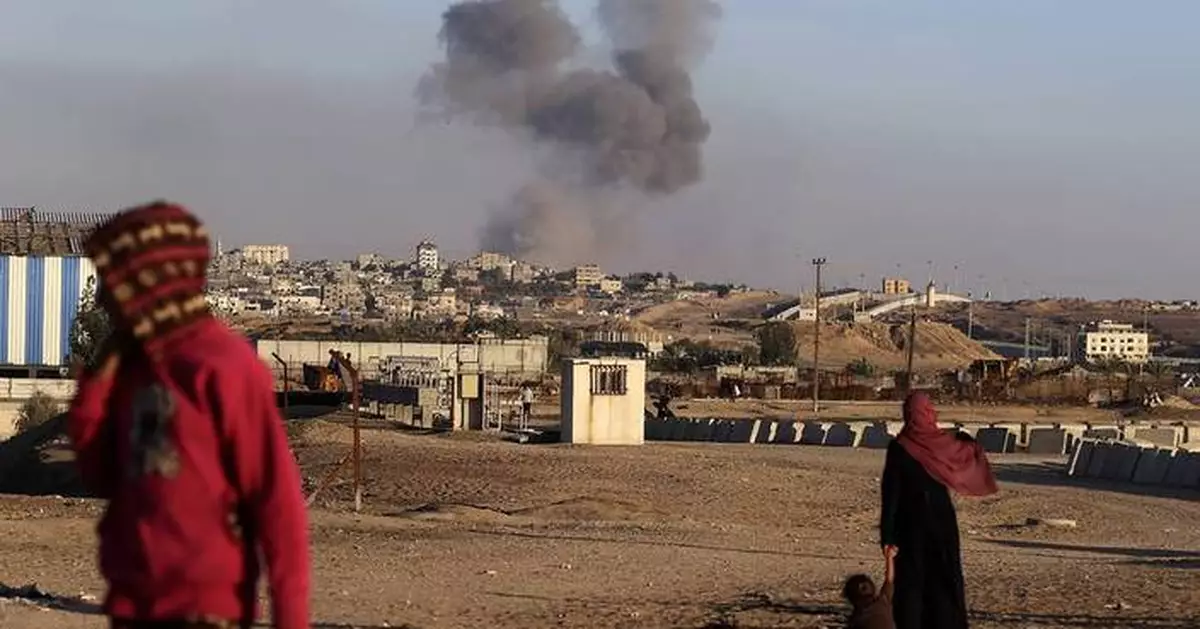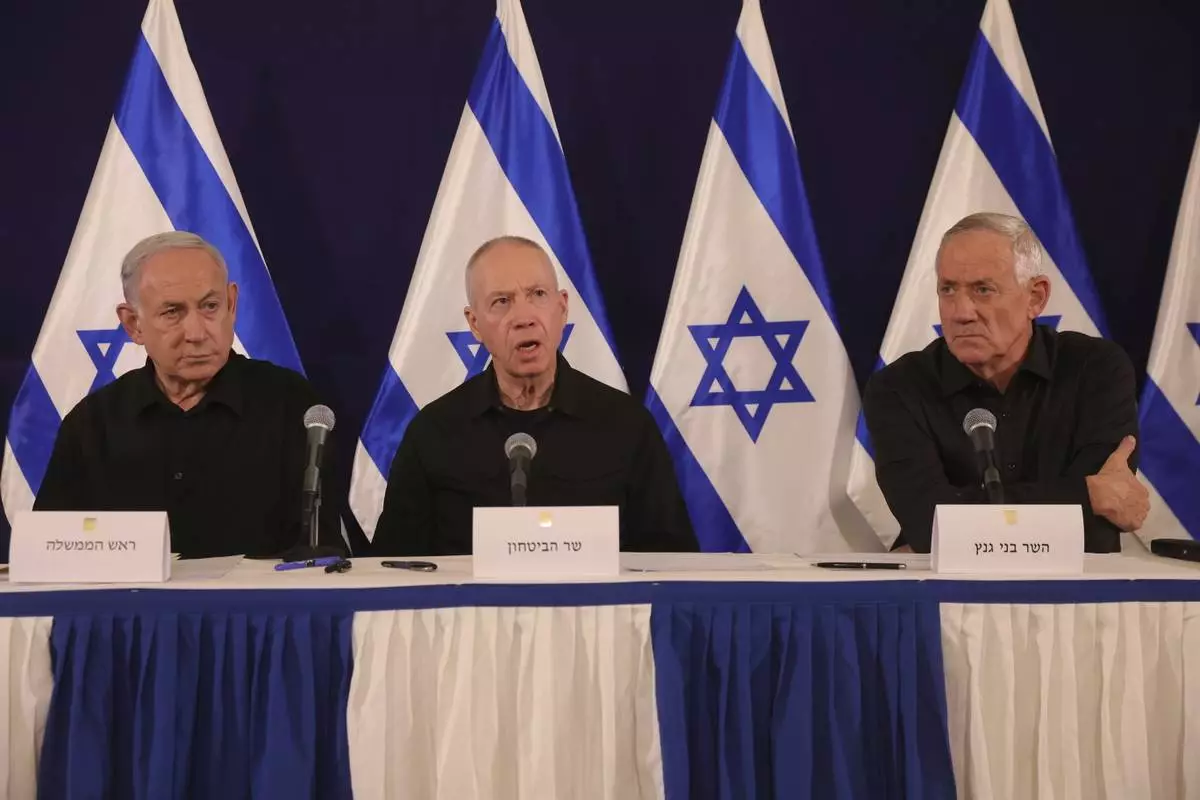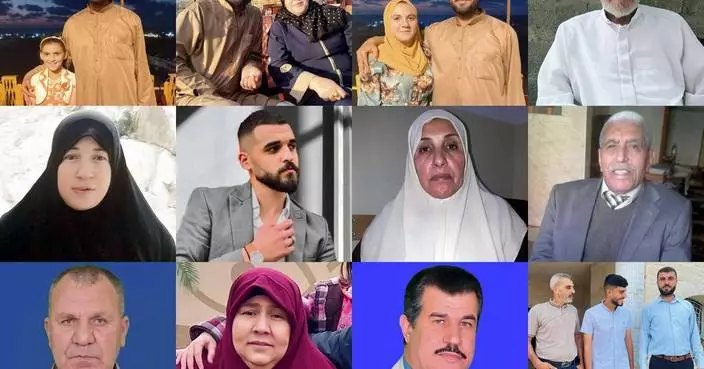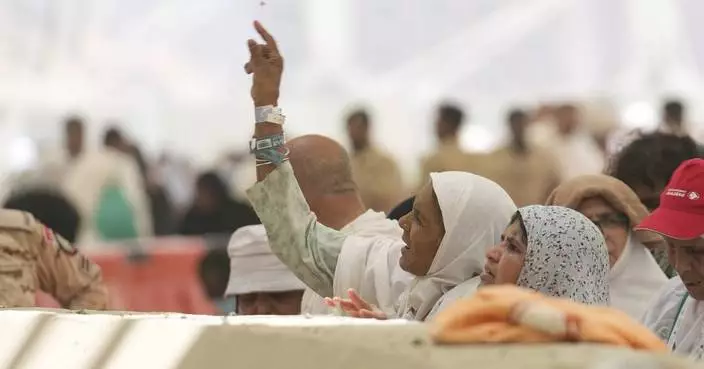WASHINGTON (AP) — A ruling by the top United Nations court ordering Israel to halt its military offensive in the southern Gaza city of Rafah has deepened its disconnect with the United States over an operation that faces mounting international condemnation but that American officials describe, at least for now, as limited and targeted.
The decision Friday by the International Court of Justice in The Hague adds to the pressure facing an increasingly isolated Israel, coming just days after Norway, Ireland and Spain said they would recognize a Palestinian state, and the chief prosecutor of a separate international court sought arrest warrants for Israeli Prime Minister Benjamin Netanyahu as well as leaders of Hamas.
The Biden administration stands apart from the global community — though it is opposed to a major offensive in Rafah, the administration also insists that the steps its close ally Israel has taken so far have not crossed red lines.
Administration officials so far have appeared determined to press on with military and political support for Israel following the deadly Hamas attack it endured last October, while also pressuring its ally to avoid a full-scale military operation in densely populated Rafah.
“What we have seen so far in terms of Israel’s military operations in that area has been more targeted and limited, has not involved major military operations into the heart of dense urban areas," national security adviser Jake Sullivan told reporters at a White House briefing this week.
But, he added, “We now have to see what unfolds from here.”
A State Department official, speaking on condition of anonymity to describe the administration's internal assessment of the situation, said the operation in Gaza had “not yet moved into the core heart of Rafah that gets us to the densest of dense areas.”
Earlier this month, the White House announced it was pausing a shipment of some 3,500 bombs, including massive 2,000-pound explosives that the Biden administration said were leading to civilian deaths. President Joe Biden warned during a CNN interview that “if they go into Rafah, I’m not supplying the weapons that have been used historically to deal with Rafah.”
U.S. officials in pressuring Israel had suggested that a major operation was a red line that would undermine stalled negotiations on a deal to return Israeli hostages taken by Hamas and would lead Biden to further dial back what weaponry he would send Israel.
But the tone at the White House seemed to take a notable shift this week after Sullivan returned from a visit to Israel, where he said he had been briefed on “refinements” in the Israeli plan to root out Hamas in Rafah, and to Saudi Arabia.
During Sullivan’s talks with Netanyahu and other officials during the trip, the Israeli side addressed many of Biden’s concerns about its plans for Rafah, according to a senior administration official who requested anonymity to discuss the sensitive matter.
The official said the administration stopped short of greenlighting the Israeli plan but Israeli officials’ altered planning suggested they were taking Biden’s concerns seriously.
That assessment may be of little consolation to Palestinians still trapped in Rafah — the southernmost part of the Gaza Strip on the border with Egypt, and the site of a critical crossing for aid. More than 1 million people sought refuge there in recent months after escaping fighting elsewhere but some 900,000 have since fled the city.
Israel has brought hundreds of trucks in through the other main border crossing, Kerem Shalom, but the U.N. and aid groups say Israeli military operations make it dangerous for them to pick up food, water and other supplies for starving Palestinians.
The U.S. Agency for International Development says Gaza requires a steady flow of 600 trucks a day of food and other aid to reverse the onset of what the heads of USAID and the U.N. World Food Program call famine in the north and to keep it from spreading to the south.
Even with a U.S. pier starting to bring in a small amount of aid by sea, Gaza has received only a fraction of the amount of supplies needed since the start of the Israeli offensive.
Leading international humanitarian groups welcomed the ICJ ruling for the pressure they hoped it would bring. Doctors Without Borders said it was confirmation of how “catastrophic” the situation had become for Palestinian civilians in Gaza and “the desperate need for humanitarian aid to be scaled up immediately.”
There's no practical mechanism to force Israel to comply with the court order, which, in addition to ordering a halt to the offensive, also mandates an increase of humanitarian aid to the region and access to Gaza for war crimes investigators.
Israel showed no signs that it intended to change course after Friday's ruling. The war in Gaza followed an Oct. 7 attack on Israel that killed roughly 1,200 people, about a quarter of them soldiers, with another 250 taken captive. At least 35,000 Palestinians have been killed in Gaza, according to the Health Ministry, which doesn’t distinguish between combatants and civilians.
The court's demands go beyond what the U.S. has asked of Israel at the moment, though Washington has nonetheless signaled that it remains opposed to a more intrusive operation in Gaza.
“When it comes to Rafah, we’ve made known for a long time our concerns about a full-on military assault of Rafah and the damage that that could do to civilian population absent a clear and credible plan to protect it,” Secretary of State Antony Blinken told the House Foreign Affairs Committee on Wednesday.
Blinken also reiterated that the administration does not believe a major offensive would achieve the results that Israel is looking to achieve, “which is to deal effectively and durably with Hamas.”
“Our concerns about a full-on military assault in Rafah remain,” he said. “We have other ways of dealing with the challenge posed by Hamas that we believe can be more effective and more durable.”
Associated Press writers Ellen Knickmeyer and Matthew Lee contributed to this report.
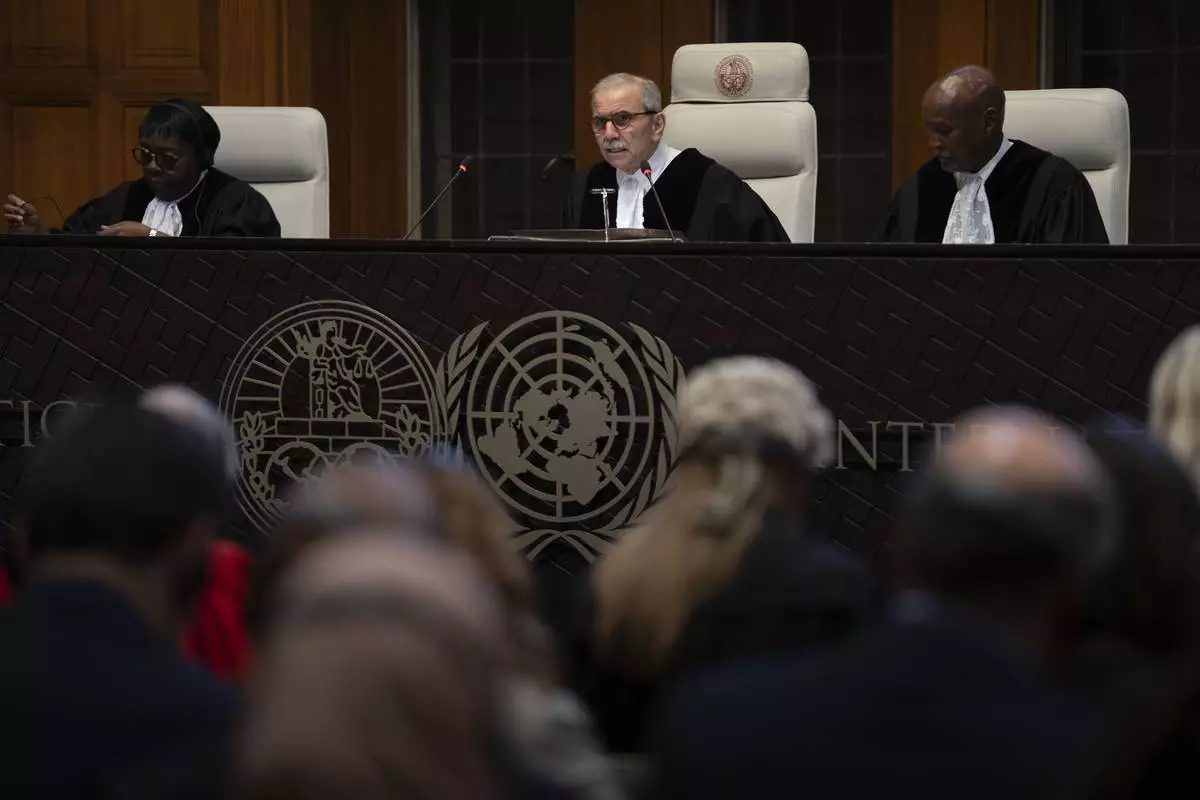
Presiding Judge Nawaf Salam reads the ruling of the International Court of Justice, or World Court, in The Hague, Netherlands, Friday, May 24, 2024, where the top United Nations court ruled on an urgent plea by South Africa for judges to order Israel to halt its military operations in Gaza and withdraw from the enclave. (AP Photo/Peter Dejong)
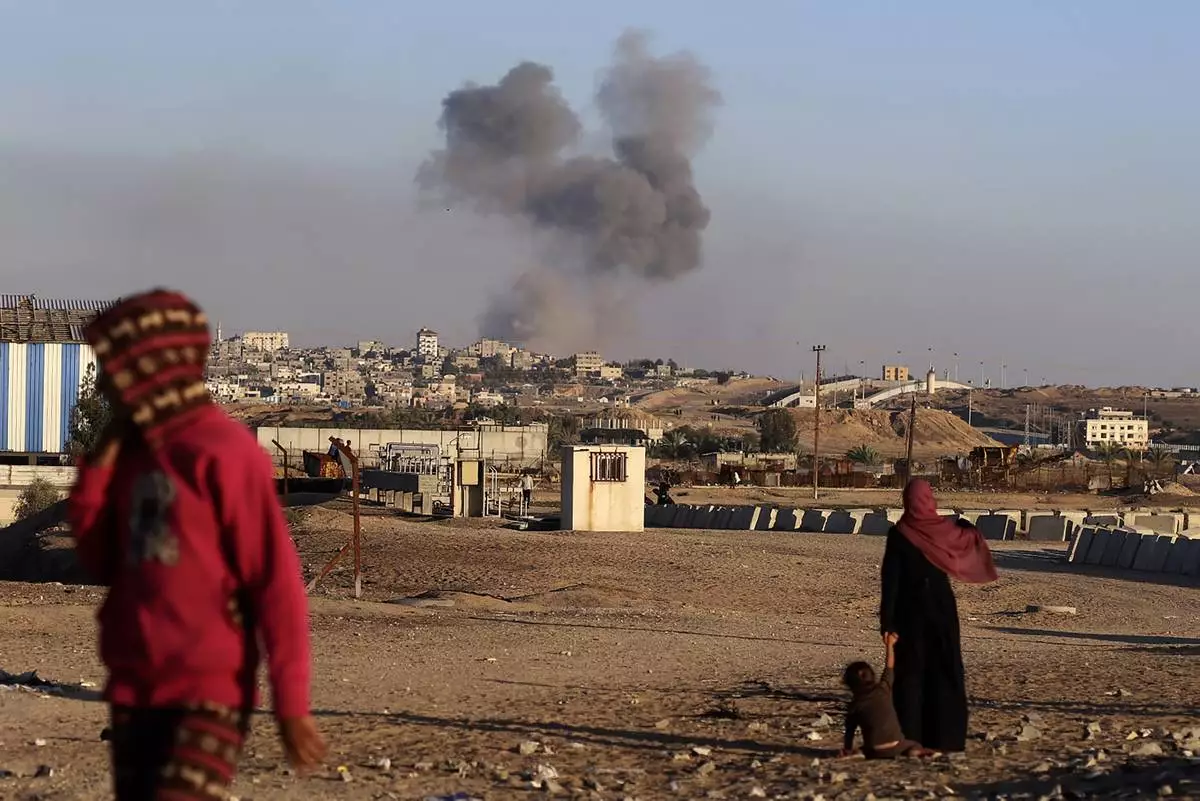
FILE - Smoke rises following an Israeli airstrike on buildings near the separating wall between Egypt and Rafah, southern Gaza Strip, Tuesday, May 7, 2024. An order by the top United Nations court for Israel to halt its military offensive in the southern Gaza city of Rafah deepens its disconnect with the United States. (AP Photo/Ramez Habboub, File)


